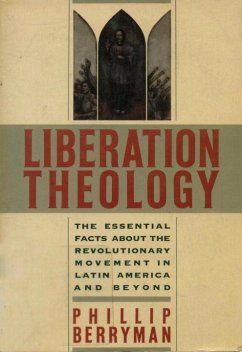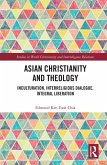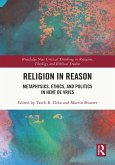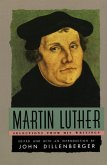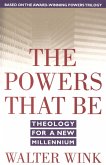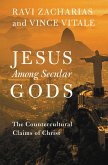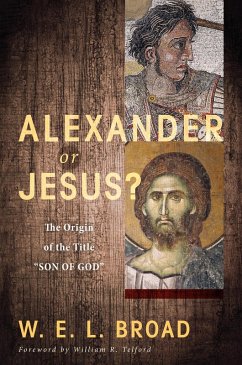Liberation theology has become an essential component of almost every major debate over Latin America today. It has changed the face of political life in Nicaragua, El Salvador, and Haiti; contributed to the rise of "people power" in the Philippines; even played a role in the growing discontent of debt-plagued Brazil. Now, using the plainspoken approach that made his Inside Central America the indispensable book on current affairs in the region, Phillip Berryman traces the origins, spread, and impact of liberation theology. He shows how its proponents have radically reinterpreted basic Biblical themes (such as the Creation and the Exodus) from the perspective of the poor and isenfranchised. By not asking "What must I believe?" but rather "What is to be done?" they make a direct connection between religious beliefs and political life.
Dieser Download kann aus rechtlichen Gründen nur mit Rechnungsadresse in A, B, BG, CZ, D, DK, EW, E, FIN, F, GR, HR, H, I, LT, L, LR, NL, PL, P, R, S, SLO, SK ausgeliefert werden.

